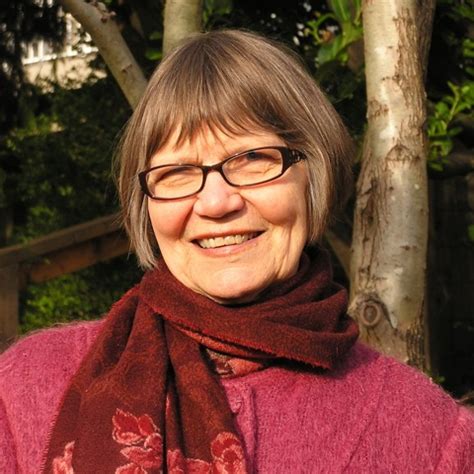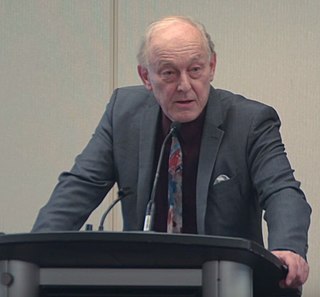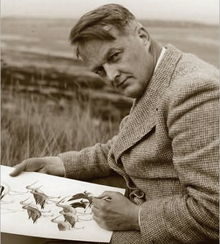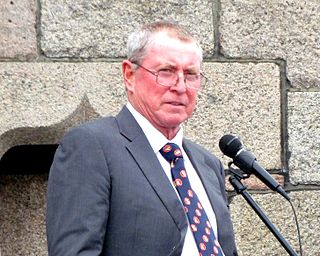A Quote by Keith Gessen
In the post-Soviet era, the most interesting work on the Stalinist period has been social history, far beyond the Kremlin walls - the study of what one of its leading practitioners, Sheila Fitzpatrick, in her book 'Everyday Stalinism,' called 'ordinary life in extraordinary times.'
Related Quotes
One of the most influential of the post-Soviet books was the Princeton historian Stephen Kotkin's 'Magnetic Mountain: Stalinism as a Civilization' (1995), a study of the steel city of Magnitogorsk, the U.S.S.R.'s answer to Pittsburgh, as it was constructed in the shadow of the Ural Mountains in the early nineteen-thirties.
Giving my life to you may mean leading a very ordinary life or it may mean leading an extraordinary life. It may mean having a family and a career or it may mean going beyond all that to just work for others. It's hard to say. Rather than making a decision myself, I'm going to give my life to you, to do with as you will, because I know that you are my self, you are my very being.
In the 1970s, family history wasn't yet thought of a serious field for study. I was terrified of being laughed at by other historians. I called my book 'The Social Origins of Private Life.' It should have been 'As Pompous as You Want to Be.' Every sentence was academic jargon, and if I said X, I qualified it with Y.
We can begin a discussion of artmaking by noting that from very early (as long ago as 200,000 years), humans have been naturally attracted to the extraordinary as a dimension of experience and that at some point they seem also to have been moved to make the ordinary extraordinary-that is, to shape or elaborate everyday, mundane reality and thereby transform it into something special, different from the everyday.
It's not the possibility of Stalinism in the U.S. that's worrying me, it's the fact that the Stalinist C.P. seems doomed to fail and to bring down with it all the humanitarian tendencies I personally believe in--all the while acting as a mould on which its obverse the fascist mentality is made--and this recent massacre is certainly a sign of Stalinism's weakness not of its strength. None of that has anything to do with Marx's work--but it certainly does influence one's attitude towards a given political party.
The Bolshevik revolution was a counter-revolution. Its first moves were to destroy and eliminate every socialist tendency that had developed in the pre-revolutionary period. Their goal was as they said; it wasn't a big secret. They regarded the Soviet Union as sort a backwater. They were orthodox Marxists, expecting a revolution in Germany. They moved toward what they themselves called "state capitalism," then they moved on to Stalinism. They called it democracy and called it socialism. The one claim was as ludicrous as the other.
I looked at her. Sheila was my girl--the girl I wanted--and wanted for keeps. But it wasn't any use having illusions about her. Sheila was a liar and probably always would be a liar. It was her way of fighting for survival--the quick easy glib denial. It was a child's weapon--and she'd probably never got out of using it. If I wanted Sheila, I must accept her as she was--be at hand to prop up the weak places. We've all got our weak places. Mine were different from Sheila's, but they were there.
The philosophy that I have worked under most of my life is that the serious study of natural history is an activity which has far-reaching effects in every aspect of a person's life. It ultimately makes people protective of the environment in a very committed way. It is my opinion that the study of natural history should be the primary avenue for creating environmentalists.






































